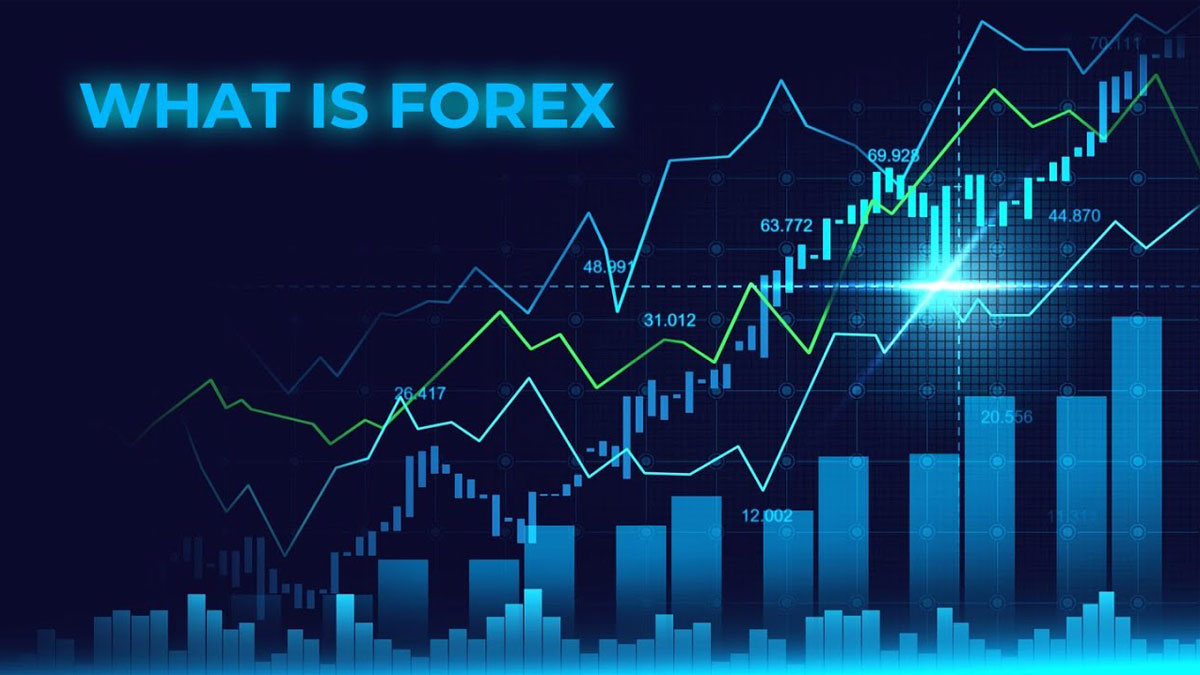
Introduction to Forex Trading
Forex trading, also known as foreign exchange trading, is the process of buying and selling currencies on the global market. It is the largest and most liquid financial market in the world, with daily trading volumes exceeding $6 trillion. The primary participants in forex trading include banks, financial institutions, corporations, governments, and individual traders.
How Forex Trading Works
Forex trading operates 24 hours a day, five days a week, across major financial centers worldwide. The forex market is decentralized, meaning there is no central exchange. Instead, trading is conducted over-the-counter (OTC) through a network of banks and brokers. Currency pairs, such as EUR/USD and GBP/JPY, are traded by predicting the value changes between two currencies.
Currency Pairs
In forex trading, currencies are quoted in pairs. The first currency in the pair is the base currency, and the second is the quote currency. For example, in the EUR/USD pair, the euro (EUR) is the base currency, and the US dollar (USD) is the quote currency. Traders speculate whether the base currency will strengthen or weaken against the quote currency.
Leverage and Margin
Leverage allows traders to control large positions with a relatively small amount of capital. For example, a leverage ratio of 100:1 means a trader can control $100,000 with just $1,000 of their own money. While leverage can amplify profits, it also increases the potential for significant losses. Margin is the amount of money required to open a leveraged position and acts as a security deposit.
Strategies in Forex Trading
Technical Analysis
Technical analysis involves studying past price movements and patterns to predict future price directions. Traders use tools such as charts, indicators, and oscillators to identify trends and potential entry and exit points.
Fundamental Analysis
Fundamental analysis evaluates economic indicators, geopolitical events, and financial news to assess the intrinsic value of a currency. Factors such as interest rates, inflation, and political stability play a crucial role in determining currency values.
Conclusion
Forex trading offers significant opportunities for profit, but it also comes with substantial risks. Understanding the basics, using proper risk management techniques, and continuously educating oneself are essential for success in the forex market. Whether you are a novice or an experienced trader, staying informed and disciplined is key to achieving long-term profitability in it.